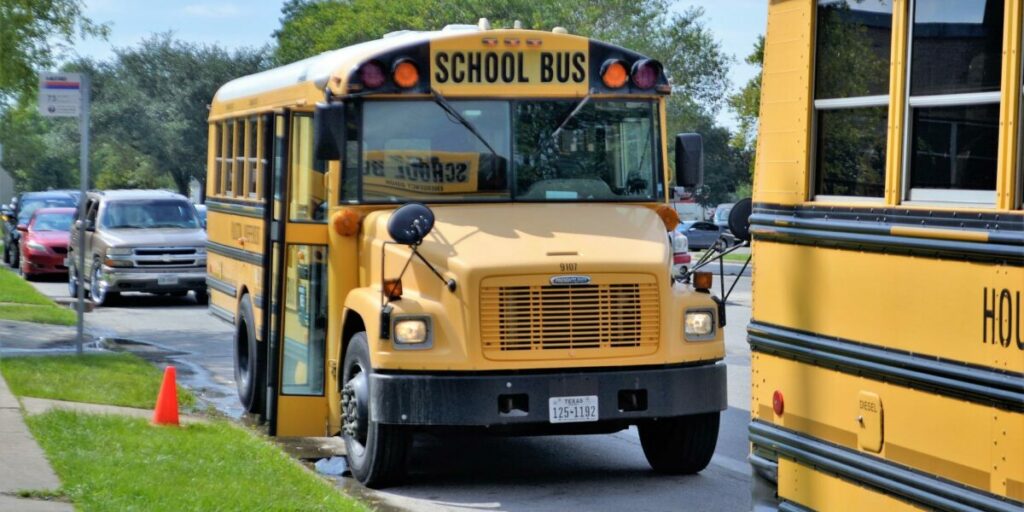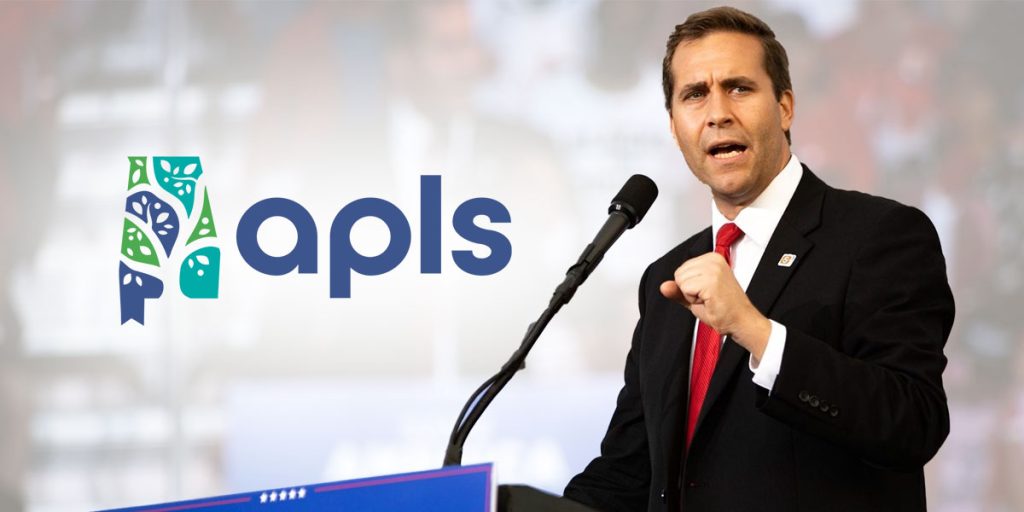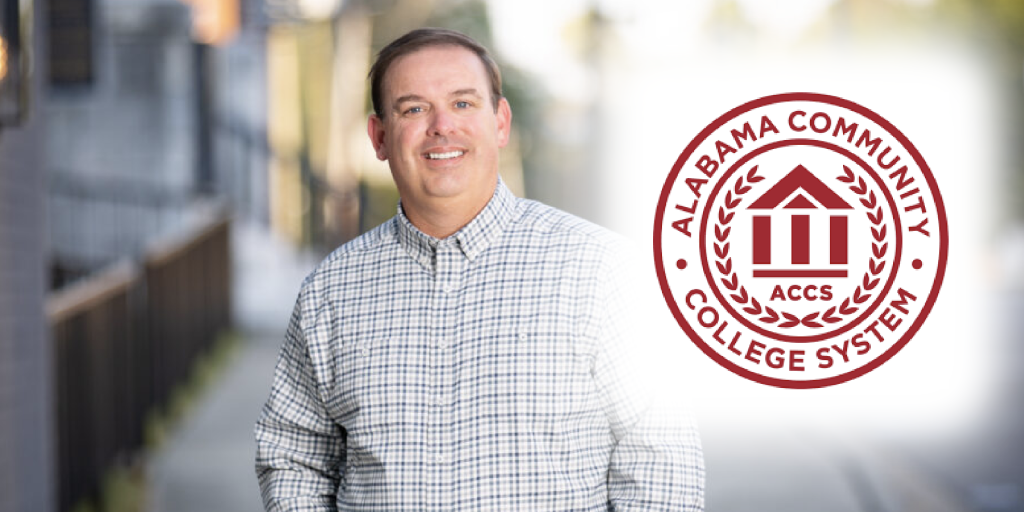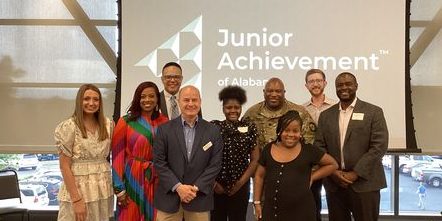Not every virtual school is the same.
The opportunity to lead students is a privilege that all educators and school districts must uphold. We cannot group every school that is maintaining this trust with the bad actors that damage the reputation of all virtual schools. Just as there isn’t a one-size-fits-all model that works for every student learning, we cannot put all virtual schools into one box.
Amid a report highlighting the alleged practices used at other virtual charter schools in the state, I want to share with you how I remain accountable and transparent. My school, Alabama Virtual Academy (ALVA), together with our authorizing school district Eufaula City Schools, remain dedicated to upholding the trust placed on us by the state.
Here are three key components of our extensive commitment, and items that all virtual schools can embrace to ensure accountability.
1. A Comprehensive, Verified Enrollment Process
Comprehensive checks are important to ensure that students are properly enrolled at, and only with, their school. When requesting to enroll, families must submit a series of documents to demonstrate where their student previously attended school and proof of residency in the state of Alabama.
These documents are verified through a statewide system, INow, to ensure that they are no longer enrolled at any other school in the state. Parents must also sign an acknowledgement form that explains students cannot attend a school anywhere else while still enrolled in these programs. This ensures that student funding is going to the proper school
2. Compliance Checks & Balances at all Levels
Employing a comprehensive system of audits and compliance checks at all levels is key to holding your school accountable.
At ALVA, systems are reviewed at several levels before reaching the state. At a school- and district-level, as well as with our third-party curriculum management provider, we are verifying and validating all of our information.
Once the state receives our data, they have confidence that everything is in line. We also know that our records are up to date. Checks and balances across the board ensure that we are best serving our students and communities with the proper data.
3. Treating Students as More than Names on a Roster
Students need to be treated with more respect than just names on a roster. Teachers and school leaders need to develop personal connections and relationships with students and families.
Not only does this support student success, but it also fuels students to be active and engaged participants in the classroom and school community. At my school, we employ a series of daily checkpoints to ensure students are participating in their class sessions.
If a change is noticed in a student’s attendance or online interaction, intervention policies are put in place to resolve the situation before it escalates. Through wraparound support services, we work with students and families to understand their challenges and help them to overcome and thrive in the learning environment.
We must hold all schools accountable. But we must also realize that not every school is the same.
ALVA is an online school, not just a school going online due to the pandemic. This different experience provides a teacher-centric, integrated, and engaging learning experience with research-based training and a standards-aligned curriculum.
It is my hope that all school operators embrace the items mentioned here and then some. Accountability is possible. We must uphold the trust that Alabamians place in us to educate students.
Melissa Stokke Larson is the Head of School for Alabama Virtual Academy, a school in the Eufaula City School District.













